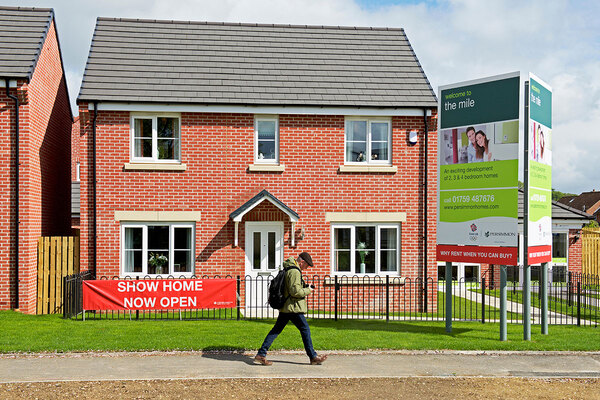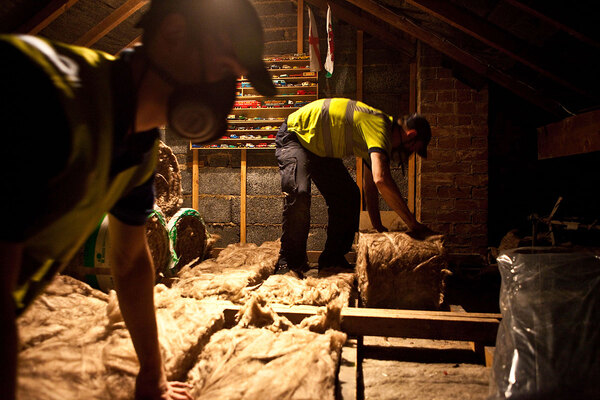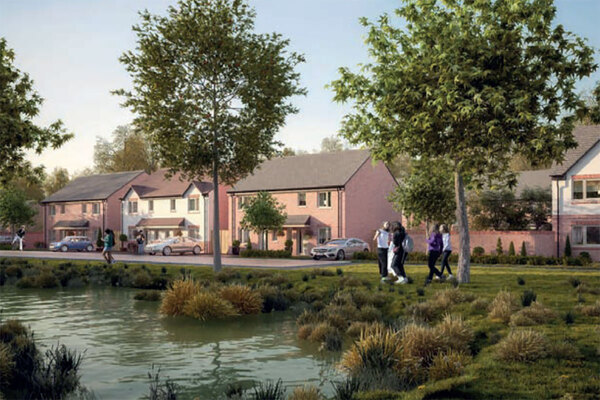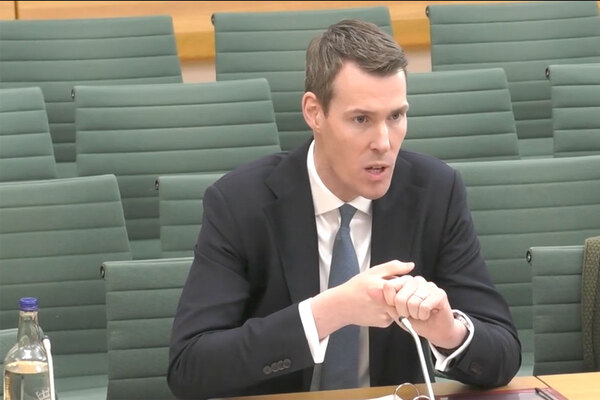NIFHA and CIH call for more social housing funding in Northern Ireland
The Northern Ireland Federation of Housing Associations (NIFHA) and the Chartered Institute of Housing (CIH) have called on the government to allocate sufficient funding to the sector to “ensure everyone has access to a decent, high-quality and energy-efficient social home”.
The demand was made as part of a briefing to the Committee for Communities, which advises, assists and scrutinises the work of the Department for Communities in Northern Ireland.
Seamus Leheny, chief executive of NIFHA, Justin Cartwright, national director, and Carol McTaggart, chair (both for Northern Ireland) at the CIH, laid out the problems facing the sector.
They were joined by Homeless Connect, the non-profit organisation, and Housing Rights, the charity.
The housing bodies said the ongoing rise in demand for social and affordable housing, uncertain budgets, lack of suitable land and delays in planning were creating the “perfect storm” for the provision of social housing in the country.
There are 46,000 households on housing waiting lists in Northern Ireland.
Mr Leheny said: “The housing association model in Northern Ireland has shown itself to be the most effective delivery mechanism for building and managing social homes.
“We build to the highest standards and support successful, sustainable communities.
“Our unique financing model, which means we are not fully dependent on government funding, allows us to continue to build homes and create communities in the context of increased pressure on public financing.
“Despite this, every year we see more people joining the housing waiting list, and a broad range of challenges remain when it comes to building more homes.
“These include reduced social housing budgets, delays in planning, land availability, inflationary cost of materials, waste-water connections and many others.
“While there are solutions to all these issues, delays in efforts to fix them risk compounding the problem, to a situation where efforts to reduce housing waiting lists may completely stagnate.”
He said that housing associations raised private finance to match government funding, but there had been cuts to the housing budget. He also highlighted the need to invest in retrofitting programmes.
Mr Leheny added: “To avoid this stagnation, we need direct action quickly, to address housing budgets, increase Northern Ireland Executive investment in new builds, deal with the infrastructure issues and ensure that the unnecessary obstacles to increasing housing are removed.”
Mr Cartwright said the organisations presented a “united front” to the committee.
He said: “CIH called for progress on the revitalisation of the Housing Executive to empower them to deliver the essential social housing quality our communities need.
“We urged the government to allocate sufficient funding to ensure everyone has access to a decent, high-quality and energy-efficient social home.
“We highlighted the importance of enhancing the conditions of existing homes through retrofitting measures. This will create safe, warm and dry homes that support residents’ well-being.
“This was an important opportunity to make our voices heard. We remain committed to working alongside the government and other stakeholders to ensure everyone has a place to call home.”
The organisations reiterated their key demand that housing should be given sufficient priority in the Programme for Government.
Sign up for our Northern Ireland bulletin
Already have an account? Click here to manage your newsletters











